LoRa has gained popularity in realizing IoT applications by facilitating long-range communication with low power consumption. However, LoRa faces scalability issues due to its unsophisticated random access (RA) protocol, Aloha, which is vulnerable to collision and not scalable in dense network scenarios. In contrast, distributed queuing (DQ), a collisionfree contention-based RA protocol, is a promising […]
Sep
Oct
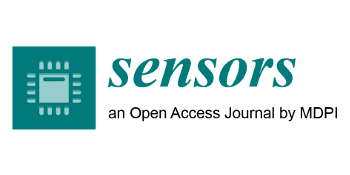
The single-hop star-of-stars topology in low-power and wide-area networks (LPWAN) exhibits reliability and substandard coverage issues, especially in urban areas where line-of-sight (LoS) communication is difficult to achieve. Moreover, LPWAN trade-off the data rate to achieve longer coverage, preventing other end-devices from using the time resource. Locating other gateways is uneconomical as it requires infrastructure, […]
Jun
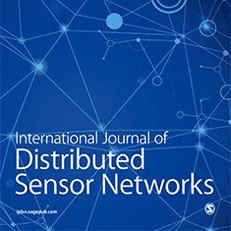
Wireless local area network–based broadcasting techniques are a type of mobile Internet Protocol television technology that simultaneously transmits multimedia content to local users. Contrary to the existing wireless local area network– based multimedia transmission systems, which transmit multimedia data to users using unicast packets, a wireless local area network–based broadcasting system is able to transmit […]
May

In this study, we propose a contribution-level-based opportunistic flooding for multihop wireless networks. Traditional flooding techniques typically use fixed routing and predetermined relay nodes based on the assumption of fixed and reliable links. However, because of the inherent instability of wireless links, these approaches typically lead to fragile and unreliable broadcasting. To overcome this problem, […]
May
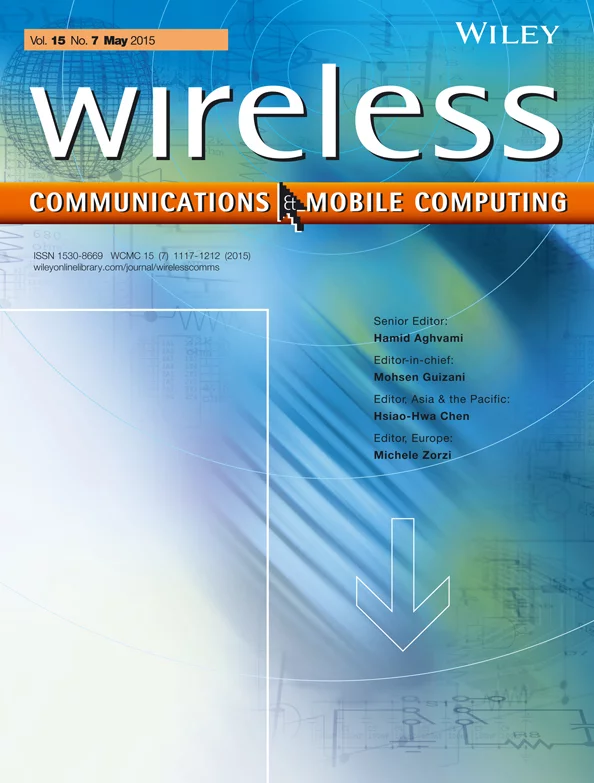
Delay‐ or Disruption‐Tolerant Networking (DTN) is a communications approach that is utilized in easily disrupted or delayed networks. Examples of such networks are often found in heterogeneous networks, mobile or extreme terrestrial networks, and planned networks in space. In this paper, we examine the metropolitan bus network as a research target of DTN for a […]
Apr

The wireless resources required by users have increased in parallel with and above improvements in WLAN technology, requiring even more accurate and practical resource management. Research on medium utilization, which is fundamental to resource management, has supplied insufficient evidence to apply it in real environments. This paper proposes a hybrid measurement approach to medium utilization […]
Apr
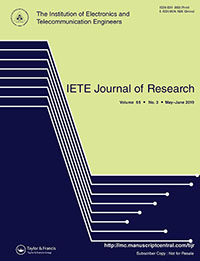
This paper proposes a hierarchical error recovery method for the hybrid mobile broadcast/communication networks. The mobile broadcast network (e.g., DVB-T/H, T-DMB) transmits the base forward error correction (FEC) and the multimedia content at the same time for the error recovery. However, the occurrence of errors is different due to the receiving environment of the individual […]
Apr

A Wi-Fi broadcasting system is a kind of Mobile-TV system that transmits multimedia content over Wi-Fi networks. The specialty of the system is that it takes advantage of broadcast packets for streaming to be scalable to the number of users. However, the loss rate of broadcast packets is much higher than that of unicast ones […]
Jan
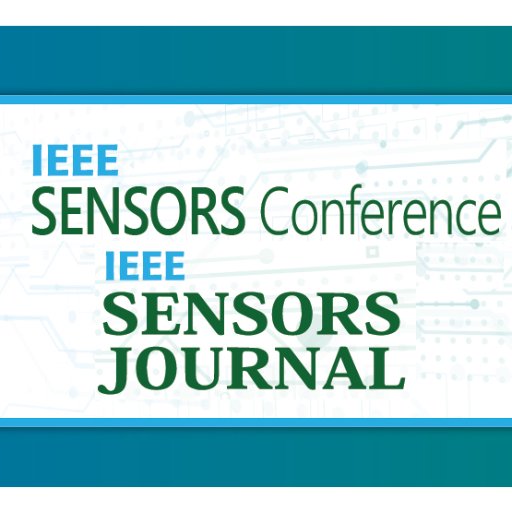
In this paper we describe an energy efficient protocol for active radio frequency identification (RFID) tags complying with the standard. The energy efficiency is a key requirement for the wider acceptance of the active RFID systems that use battery constrained tags. The existing active RFID protocols try to reduce energy consumption of tags by putting […]
Aug
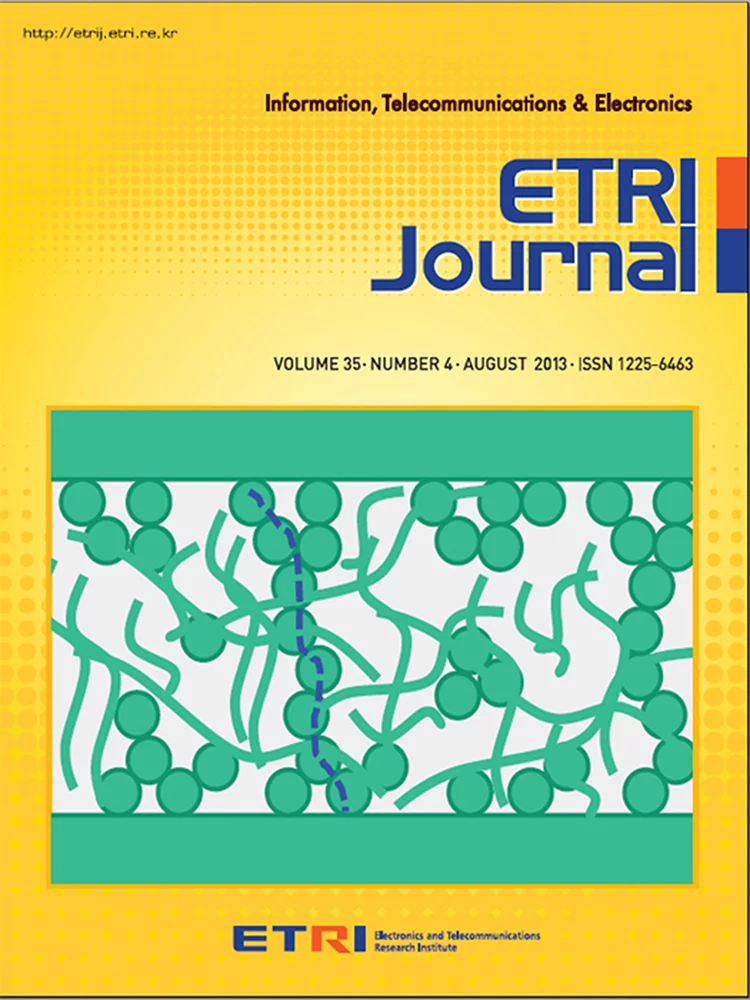
Hybrid digital multimedia broadcasting (DMB) is a next‐generation mobile TV system that combines broadcasting and wireless communication networks and can provide various high‐quality multimedia services. However, if a system adheres to the current standard of transmitting the DMB content in the form of MPEG2‐TS through wireless networks, it results in a burden on the network […]
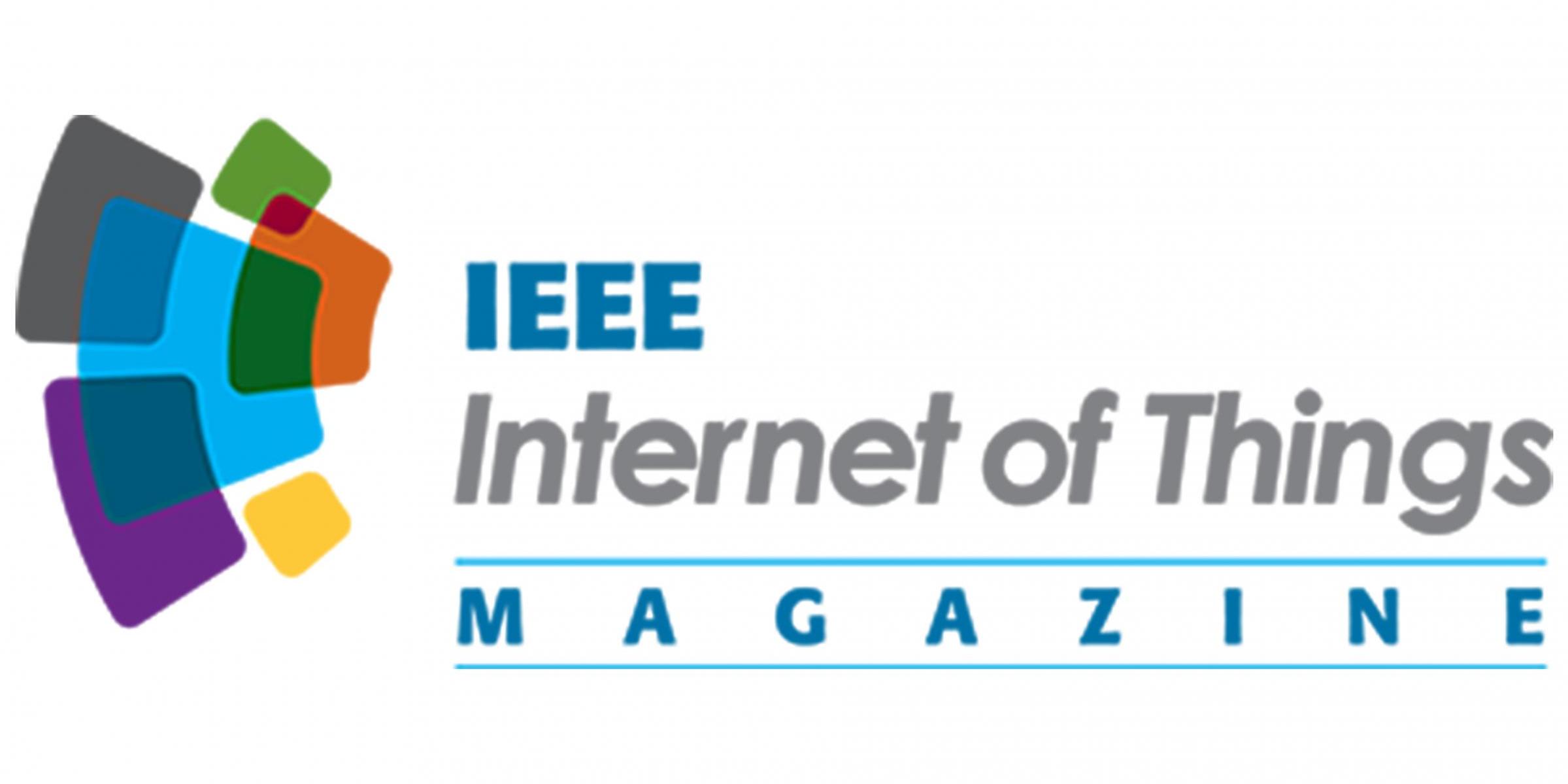
Recent Replies